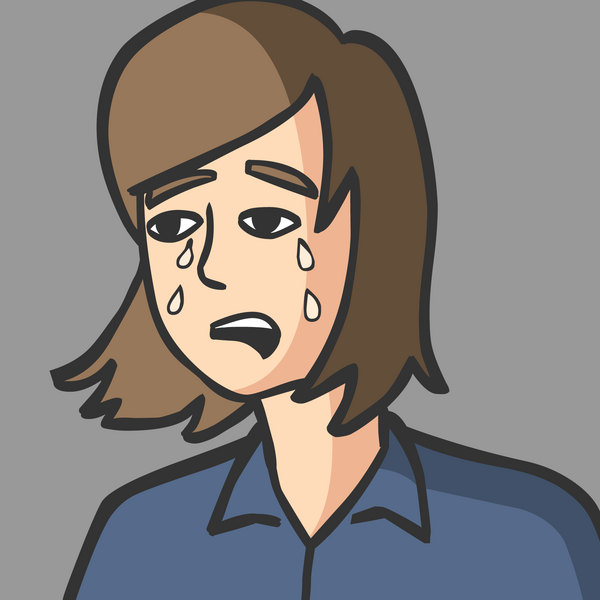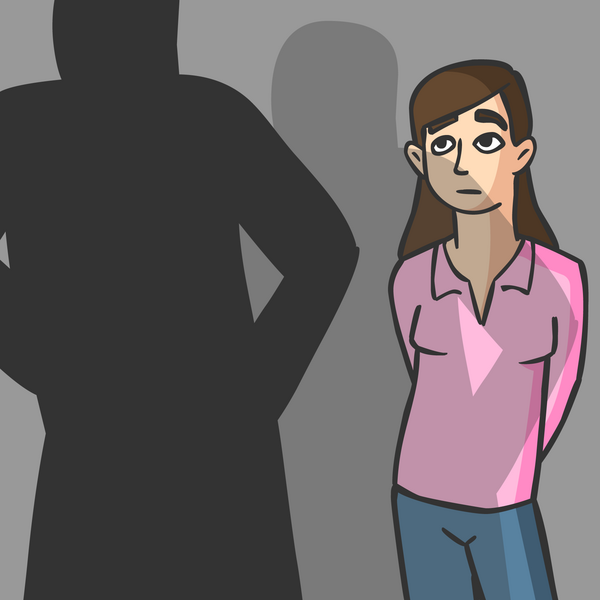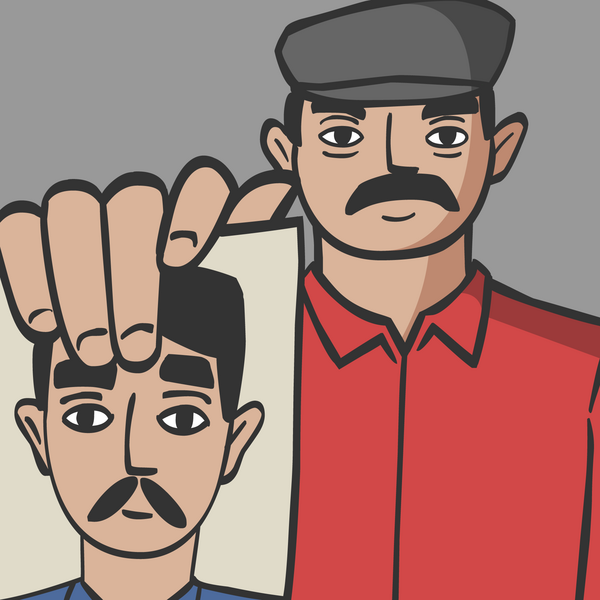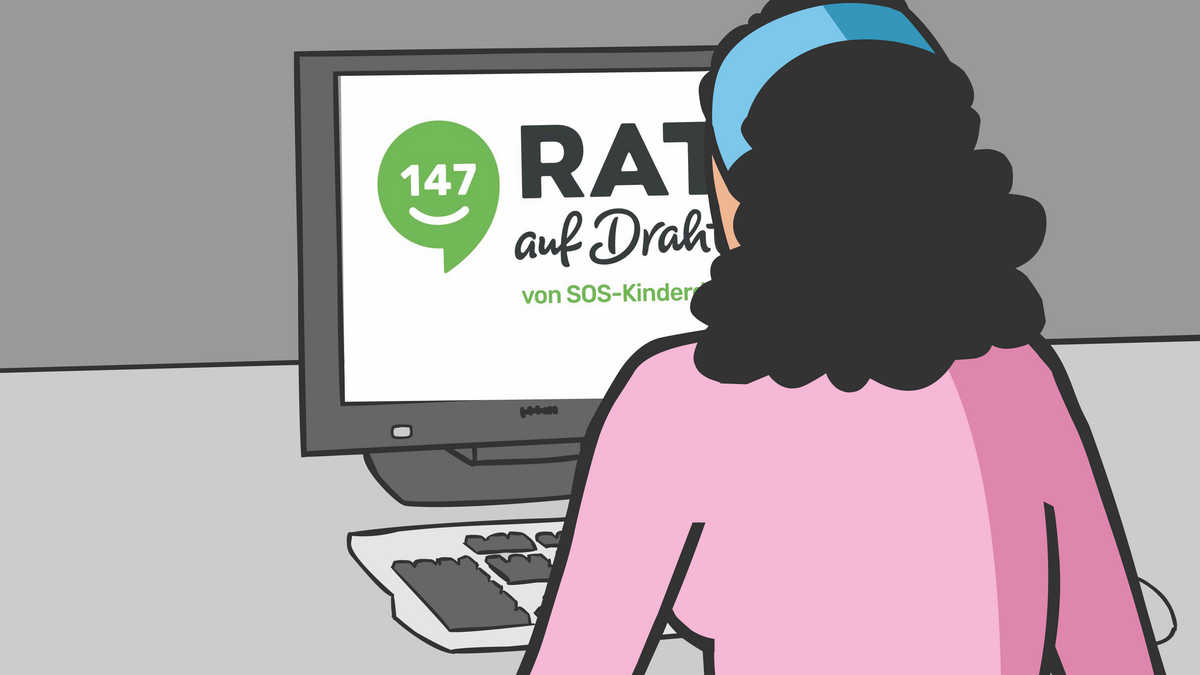What is domestic violence?Interview with with Anna B., counsellor on the Frauenhelpline
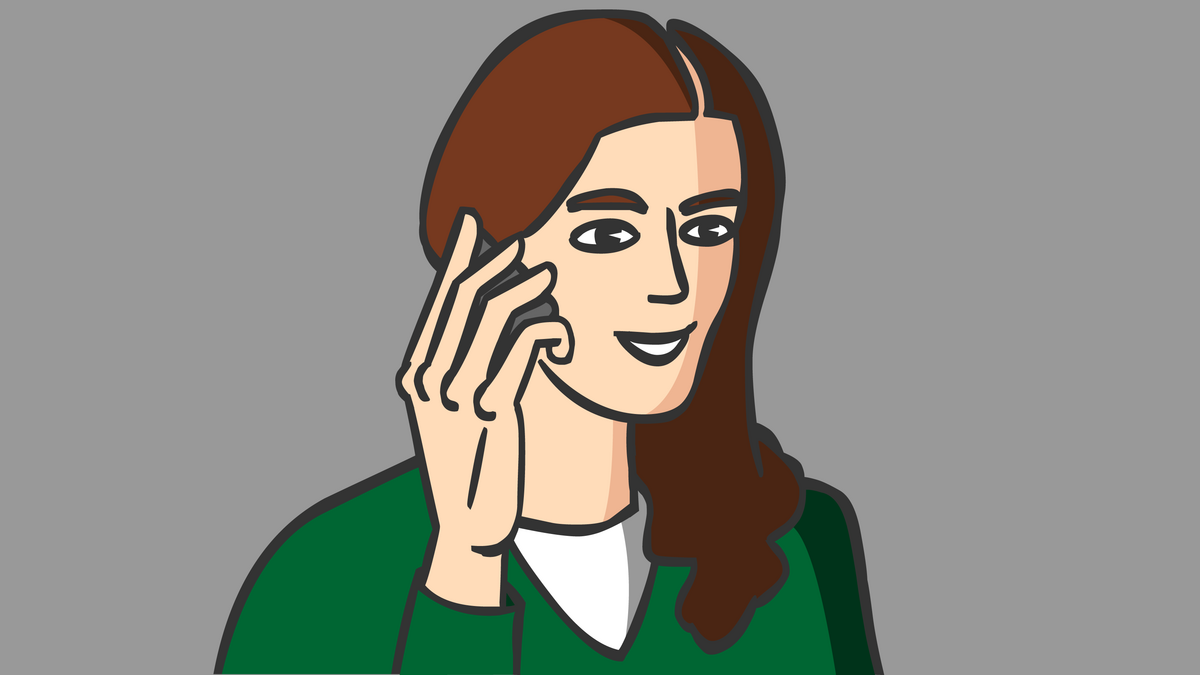
We spoke with Anna B., counsellor on the Frauenhelpline (women’s helpline). The Frauenhelpline offers anonymous and free initial and crisis phone counselling for women, children and juveniles affected by violence.
It is available 24/7 and 365 days a year.
Telephone: 0800 222 555
Website:www.frauenhelpline.at
Counselling is offered not only in German and English, but also in Arabic, Bosnian-Croat-Serbian, Polish, Russian and Turkish.
What is domestic violence?
It is violence within between partners, married or not, living together or separately. It has various forms ranging from humiliation, insults and intimidation to physical, emotional or sexual violence, or even murder or attempted murder.
Who are the victims?
Most violence is committed by men against women. There are cases of male victims, but they are rare. Violence can also occur in same-sex relationships. Usually, however, it is women who suffer physical, emotional or sexual violence.
Why do women stay with men who hurt them?
There are many reasons. Most men are not violent and insulting all the time but are quite nice in between. Women often have difficulty understanding how a nice man can be so mean. When men abuse their wives they are often sorry and promise never to do it again. As a result, many women hope that the violence was a single lapse or that it won’t happen again.
Men and women are also linked by their children or, for example, a shared business. Some women can be blackmailed through their feeling of responsibility for their children. If they break off the relationship, they also separate the children from their father. Unfortunately, it often takes a long time before they admit that the children would be better off without a violent father. And that a new beginning is better than a life in fear.
Can women be helped in their decision?
This is a large part of our work. Women feel relieved to be able to talk about their situation without being forced to make an immediate decision. It is good for them to have someone who listens to and believes them. They require information about aid and support options before they can decide. And they need hope that life without a violent partner really is better. We and other advice centres can listen, encourage, explain and supervise.
Do some women have more difficulty than others in accepting help?
Help and support are available to all women, regardless of age, origins or financial situation. But some are more afraid than others to seek help – a migrant, for example, whose husband threatens that she will be deported if she leaves him; or women who have alcohol or drug problems themselves. They fear that they won’t be believed or that they will be partially blamed for the violence. Or they don’t want anyone to know the problems they have because they are ashamed.
What do you do to help them?
Thirty years ago, there were no shelters to protect women and children who had suffered domestic violence, and there were no women’s advice centres. It was also more common for violence in families to be regarded as a private matter. Many people have worked to change this picture. We attempt to provide explanations. We want every person affected by violence to know that they have a right to a non-violent life. When the police are called in, we will intervene at the request of the victim of violence. Cooperation with the police and all other institutions combating violence is very important for us.
We also offer counselling in Arabic, Bosnian-Croat-Serbian, Polish, Russian and Turkish. For many women, the telephone helpline is the first step towards finding a way out of the violence. If women want to leave their homes, we arrange a safe place for them and their children to stay.
And men? Can they also get help if they want to change?
Help is also available for the offenders. We provide support to anyone who wants to work seriously on themselves and their problems. It is possible, for example, to take part in anti-aggression training. This is usually ordered by the court. Or they can consult one of the men’s advice centres that exist in every province.
Isn’t the work with people who have experienced violence depressing and difficult?
Of course, this work can be depressing and difficult. But it also feels good to help stop the violence and protect people from it.
Thank you for the interview.
And thank you for asking me.

